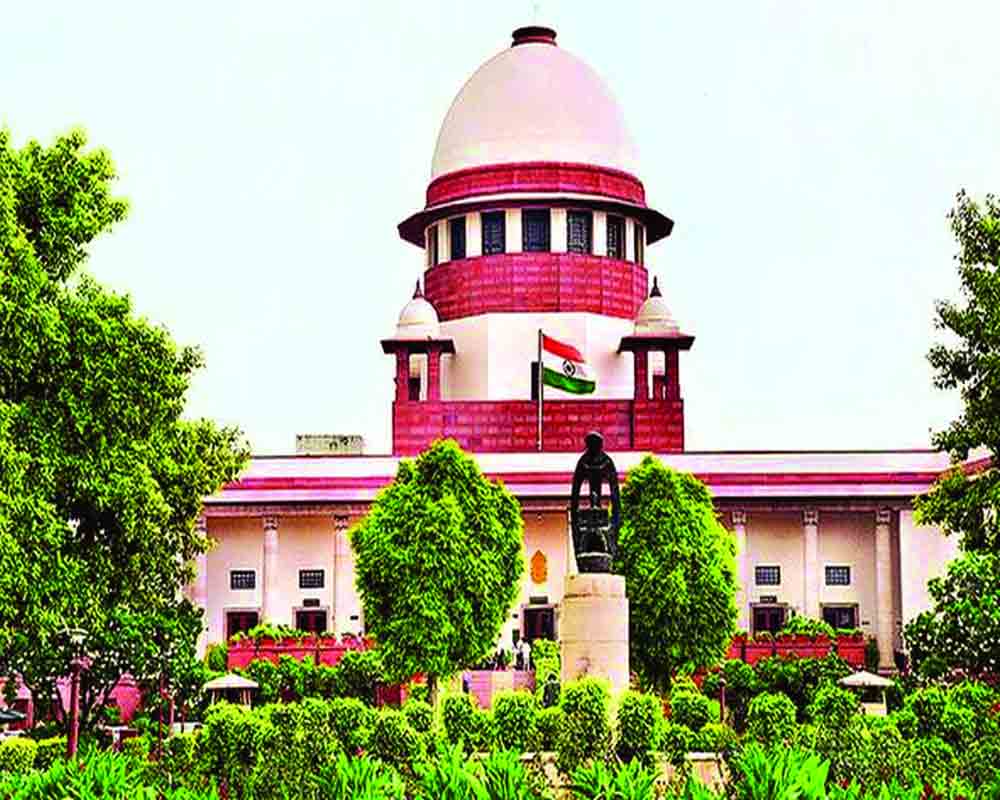The SC ruling on the 'opacity' of electoral bonds can be a game-changer for political donations
In any democracy, electoral transparency and accountability are paramount. However, a facet of political funding has remained shrouded in secrecy – electoral bonds. Their 'opaque' nature has now come under the Supreme Court's radar. Electoral bonds were introduced in India in 2017 with the purported aim of promoting "clean and transparent political funding" by the Narendra Modi Government. The idea was to allow donors to contribute funds in a traceable manner while maintaining their anonymity. The bonds could be purchased from authorised banks (SBI) and donated to a particular political party. However, the system has been under the cloud for its "lack of transparency". The Association for Democratic Reforms (ADR) and the CPI (M) in April 2019 filed petitions challenging the scheme's transparency and the apex cort is now hearing the matter. A primary concern is that the bonds shield the donor's identity, leaving no trail for public scrutiny. This opacity raises doubts about donors' identity and the interests governing their decision. The Government defends electoral bonds, arguing it protects the privacy of donors who may face potential discrimination due to their political affiliations. It contends that the scheme balances the right of donors with the need for transparency as parties are required to disclose their funding details to the Election Commission. But the petitioners argue that electoral bonds undermine the principle of transparency, saying it allows for "opaque financing" and potentially opens the door for illegal/foreign funding. Prashant Bhushan, representing ADR, told the top court that donations through electoral bonds until 2021-2022 for the BJP were Rs 5,271 crore and Rs 952 crore for the Congress.
The ongoing case has profound implications for the future of political funding and electoral transparency. If the court upholds the scheme as it is, it would continue allowing political parties to receive anonymous and unlimited funds. Conversely, if the scheme is found in violation of democratic principles, it could push the Government to enact reforms that demand greater transparency in political financing. The nation's people deserve to know who funds the parties as it is likely intricately linked to the issue of corruption in high places: Individuals or corporations could buy a high worth of electoral bonds and donate it to a particular party with the understanding that it would stand to curry favour when the latter had power by framing or tweaking policies that help the donor's business interests. Moreover, the party in power could discreetly ask for donations from individuals or corporations to help them in awarding contracts or favouring them over business rivals. After all, it is not for nothing that a party in power gets roughly five times more donations than the main Opposition party!


























